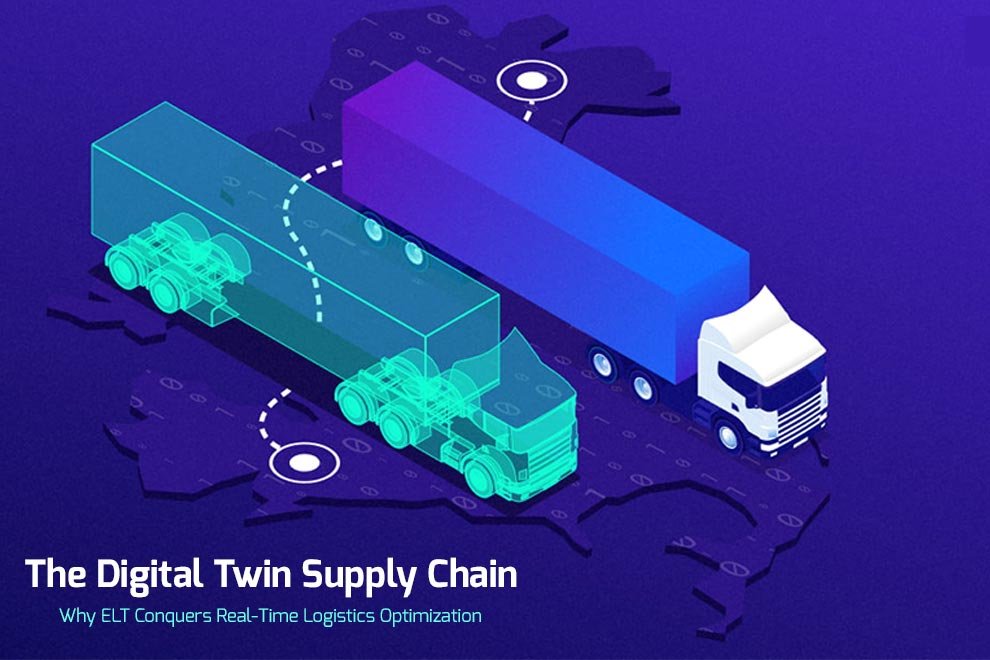The global demand for Natural Language Processing (NLP) is skyrocketing. In 2022, the NLP market was valued at around $27.73 billion. With an expected annual growth rate of 40.4%, it could reach over $140 billion by 2033. Some estimates even suggest a potential market value of $239.9 billion by 2032, growing at a CAGR of 31.3%.
Why is this happening? NLP plays a vital role in modern technology, making everyday interactions with devices smarter and more intuitive. As its applications expand, businesses and individuals rely on NLP to simplify communication and process information faster. With such rapid growth, NLP has become a cornerstone of the digital world, shaping how we use technology daily.
1. What is Natural Language Processing?
NLP is a branch of artificial intelligence (AI) that helps machines understand, interpret, and generate human language. It enables computers to analyze text and speech with precision, making tools like chatbots, virtual assistants, and language translation possible.
Expert Commentary:
- NLP allows machines to decode context, which is critical for building smarter and more intuitive systems.
- Its ability to handle unstructured data (e.g., human conversations) is key to its growing relevance in AI.
Key NLP Techniques:
- Tokenization: Breaking down text into smaller units, such as words or phrases, for processing.
- Part-of-Speech Tagging: Assigning grammatical roles (e.g., noun, verb) to words for linguistic analysis.
- Named Entity Recognition: Identifying key entities (names, places, etc.) in a text.
- Sentiment Analysis: Determining the emotional tone of a piece of text.
Expert Insights:
These techniques form the backbone of most modern AI-driven tools. As these methods improve, they will further refine AI’s ability to emulate human-like understanding, opening doors for seamless communication and better decision-making systems.
2. The Importance of NLP in Today’s World
NLP is not just about language processing; it is fundamentally reshaping businesses by improving efficiency, customer engagement, and decision-making.
Expert Commentary:
- NLP automates tasks that were traditionally labor-intensive, such as document translation or customer query handling.
- Its ability to extract insights from data at scale makes it invaluable across industries.
NLP Market Highlights:
| Metric | Details |
| Market Value (2030) | $328.8 billion (projected) |
| CAGR (2022-2033) | 40.4% |
| Key Benefiting Sectors | Healthcare, finance, and customer service |
Expert Insights:
The exponential growth of NLP reflects its indispensable role in modern business. Its adoption is driven by businesses’ need to automate processes, extract valuable insights, and improve user experiences. The faster industries adopt NLP, the closer we move toward data-driven decision-making as the norm.
3. Natural Language Processing in Everyday Life
NLP impacts both businesses and consumers in significant ways. Let’s explore two prominent applications:
1. Chatbots and Virtual Assistants:
- NLP-powered chatbots handle customer queries efficiently, reducing the need for large support teams.
- The global chatbot market is expected to grow to $6 billion by 2024, at a CAGR of 23.9%.
2. Sentiment Analysis:
- NLP tools analyze reviews, social media posts, and surveys to identify customer sentiments.
- Businesses can use this to predict trends, respond to feedback, and enhance strategies.
Expert Insights:
Chatbots and sentiment analysis are two of the most transformative applications of NLP, streamlining customer interactions while generating actionable insights.
Chatbots enhance efficiency and cost savings, while sentiment analysis empowers businesses to adapt quickly to customer needs and market trends.
As these technologies evolve, their combined impact will lead to more proactive and personalized experiences, ultimately fostering stronger customer relationships.
4. How NLP Is Revolutionizing Business Operations
By integrating NLP into their operations, businesses are transforming how they handle large volumes of data and interact with customers.
Applications of NLP in Business:
| Task Automated by NLP | Impact on Business |
| Generating Reports | Saves time and reduces manual efforts. |
| Analyzing Customer Feedback | Extracts actionable insights and patterns. |
| Translating Documents | Breaks down language barriers in global markets. |
Expert Commentary:
- NLP enables companies to analyze unstructured data (emails, chat logs, etc.), converting it into actionable insights.
- With faster decision-making capabilities, NLP helps businesses stay ahead in a competitive market.
Expert Insights:
The future of NLP in business lies in hyper-personalization. By combining NLP with predictive analytics, businesses will be able to offer tailored experiences to individual customers, boosting engagement and loyalty.
5. The Future of Natural Language Processing
NLP is growing rapidly, but its adoption still faces significant barriers, such as high implementation costs and data privacy concerns. Currently, only 1.4% of businesses in the U.S. are using or testing NLP tools. Many companies find the technology expensive, complex to implement, and challenging to integrate securely. These issues particularly affect smaller organizations, slowing down broader adoption.
Future Projections for NLP Market:
| Year | Market Value ($ Billion) |
| 2024 | $47.8 |
| 2032 | $453.3 |
Challenges:
- High Costs: Smaller businesses find it expensive to adopt NLP tools.
- Complexity: Integrating NLP into legacy systems is not straightforward.
- Privacy Concerns: Handling sensitive customer data requires robust security measures.
Expert Insights:
Despite these challenges, NLP’s future is incredibly promising. Innovations like cloud computing and open-source tools are expected to make NLP more affordable and accessible, enabling smaller organizations to adopt the technology. As adoption grows, NLP will not only improve efficiency but also redefine industries, foster innovation, and pave the way for entirely new business models.
Key Takeaways
NLP is transforming the way businesses and consumers interact with technology. From improving customer support to automating tasks, its impact is profound.
- NLP’s market is growing exponentially, showcasing its rising importance.
- It enables businesses to process data faster and engage with customers more effectively.
- Although challenges remain, advancements in the field are set to make NLP accessible for all.
The future of NLP is bright, and its influence will only grow as businesses continue to unlock its full potential.
FAQs
- What are the 5 steps in NLP?
The 5 steps in Natural Language Processing (NLP) are:
- Lexical analysis.
- Syntactic analysis.
- Semantic analysis.
- Discourse integration.
- Pragmatic analysis.
- Where is NLP used?
NLP is widely used in applications like:
- Email filters and spam detection.
- Smart assistants (like Siri and Alexa).
- Search results, predictive text, and language translation.
- What is the NLP language used?
NLP language is used for processing and analyzing large amounts of text data, such as:
- Storing and retrieving information from relational databases.
- Automating data analysis and text analytics.
- Enhancing human-computer interactions.










